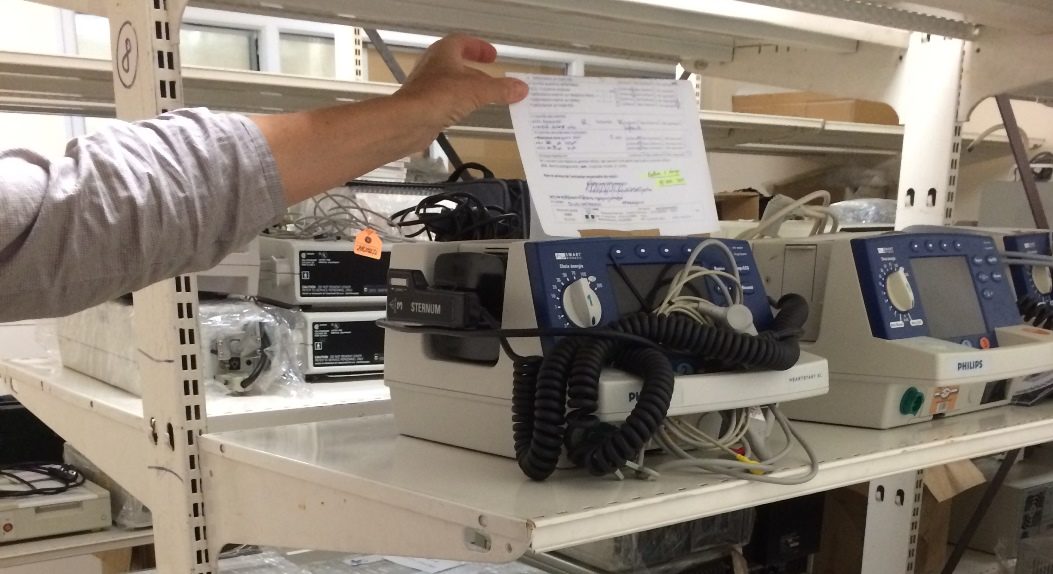Everything about SSE in 2018.


1,700
Professional EEE declared as being exported

2
Humanitarian NGO partners

In 2018, 1,700 tonnes of equipment exported for redeployment were voluntarily declared. This concerns almost exclusively medical devices, accounting for 140 tonnes o fdonated medical equipment for 2 NGOs and a little over 1,500 tonnes for 10 ESR producer members. The quantity of EEE exported was evaluated at more than 6,000 tonnes. I should be remembered that across boarder transfers of used EEE is regulated by Annex VI of the 2012/19 WEEE Directive. Requirements in testing the working order, in packaging, in traceability and written proof are required in order to ensure that no illegal transfer of waste is conducted under the cover of used EEE
Each year, significant quantities of professional EEE leave France for a second life abroad and are not collected by take-back scheme organisations. Consequently, these tonnages are not covered by the collection rate calculations and therefore the achievement of regulatory targets. Medical devices, automatic vending machines, IT and communication equipment, industrial equipment, machine tools or electricity generators are exported by producers, donator NGOs, equipment dealers and equipment stockpile managers. This problem wa raised with the public authorities who, following the latest review of the WEEE authority approval specifications document, authorised take-back scheme organisations to record the EEE tonnages exported by producer members for redeployment in their collection figures when this equipment is directly collected by these producers. ESR must also assess the EEE arriving at the end of its service life ha is recovered in countries importing it.
In 2018, ESR steered a study undertaken in 2017-2018 on the redeployment of exported professional EEE in collaboration with the ADEME and other stakeholders in the sector in order to better assess the categories and quantities of equipment leaving France, to map the numerous stakeholders in redeployment per sector of activity and their practices. This also involves providing recommendations on how to improve monitoring the deployment of exported items and to better manage this.
Validated by the public authorities in April 2018, ESR launched an experiment with NGOs donating medical equipment in order to professionalise these stakeholders and to monitor and record the tonnages they export. Contracts were signed in September 2018 with the NGO Horizons Sahel – which sends medical equipment to Senegal – and Aima that sends medical furnishings to the Baltic countries and the Ukraine. An assessment on this partnership will be conduced in 2021 to evaluate whether or not to continue it. In October 2018 ESR carried out an audit of partner NGOs donating medical equipment and of Senegalese hospitals receiving the equipment sent by Horizons Sahel, in order to check that the exported equipment is used and truly corresponds to a need as well as to identify any assistance required in managing this equipment’s end of service life.